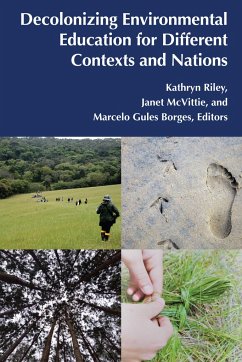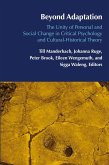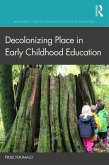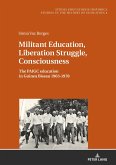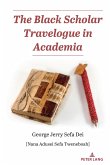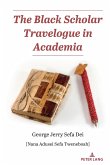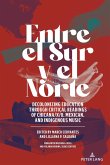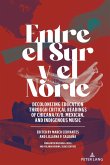As Dominant Western Worldviews (DWWs) proliferate through ongoing structures of globalization, neoliberalism, extractive capitalism, and colonialism, they inevitably marginalize those deemed as 'Other' (Indigenous, Black, Minority Ethnic, non-Western communities and non-human 'Others', including animals, plants, technologies, and energies). Environmental Education (EE) is well-positioned to trouble and minimize the harmful human impacts on social and ecological systems, yet the field is susceptible to how DWWs constrain and discipline what counts as viable knowledge, with a consequence of this being the loss of situated knowledges. To understand the relationships between DWW and situated knowledges and to thread an assemblage of ontological views that exist in unique contexts and nations, authors in this book take up decolonizing methodologies that expand across theories of Indigenous Knowledges (IK), Traditional Ecological Knowledges (TEK), two-eyed seeing, hybridity, and posthumanism. As EE opens to emplaced and situated socio-cultural and material stories, it opens to opportunities to attend more meaningfully to planetary social and ecological crisis narratives through contingent, contextualised, and relevant actions.
"We live in challenging times! We look to leaders to share seeds/stories that enable our reworlding so that we co-design better ways, generate new-normals, and actively provoke diversity in our ways of knowing and being. The authors of this book have listened and offer us insight into possibilities and opportunities for co-creation of socio-ecological justice, should we be brave enough to act. Who better to encourage change towards decolonized, hopeful, inclusive futures than environmental educators: leading us beyond Western entitlement (re)storying our education practices with our ecosystems in mind." -Peta White, Senior Lecturer, Education (Science Education), Deakin University, Australia

